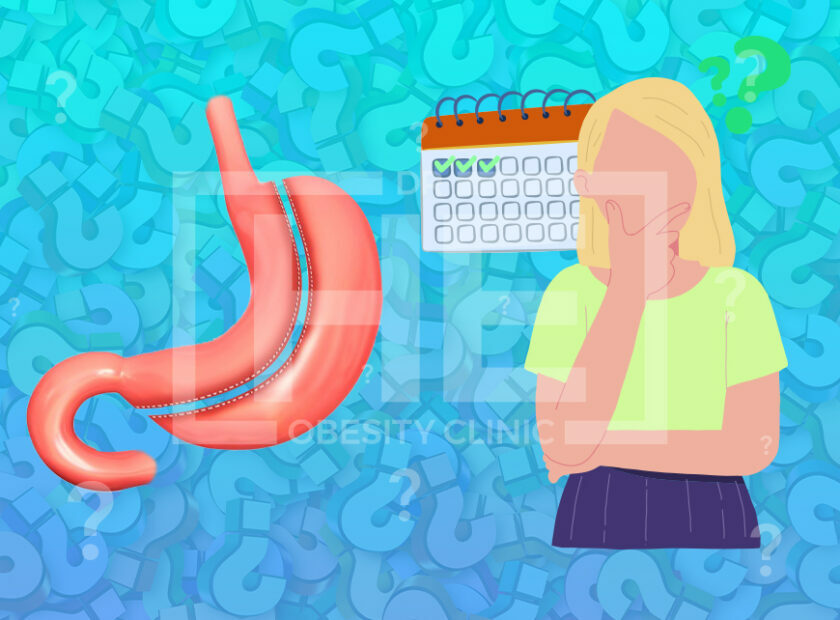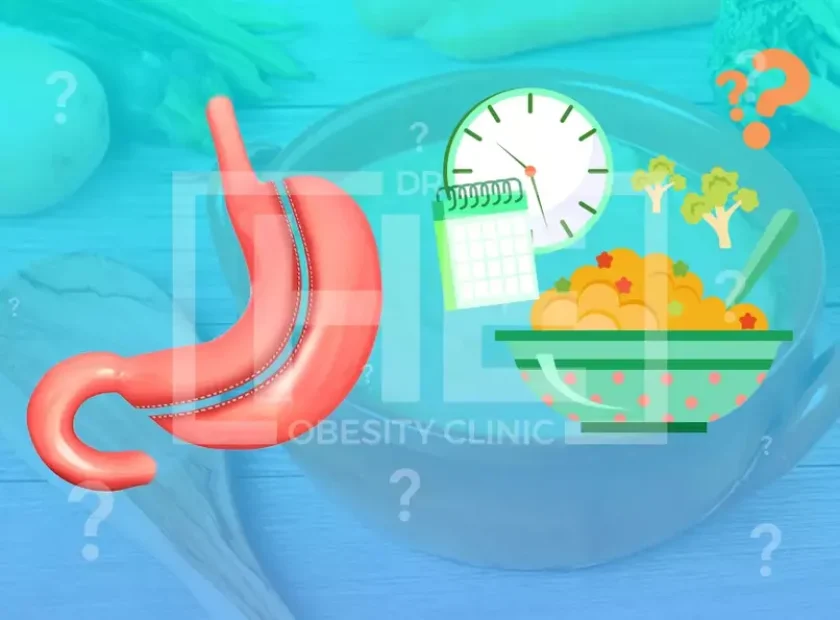
Can you Become Anorexic After Gastric Sleeve? Service users with larger bodies are frequently advised to undergo bariatric surgery. Obesity, which is a medical term for large body size, is not the same as binge eating. Can you become anorexic after gastric sleeve, of course, you can.
An eating disorder may be present in a considerable number of people considering gastric bypass. An extant eating disorder can make bariatric surgery less effective. Furthermore, eating disorders or food addiction may be caused or mimicked by the surgery itself.
- Important Factors to Consider
Whether you have anorexia or struggle with unhealthy eating and are evaluating weight loss surgery, keep in mind that the surgery will not cure your eating disorder or solve your snacking issues; in fact, this could make them worse.
There’s also no guarantee that it’ll help you lose weight permanently. It’s critical that your doctor informs you about all of the procedure’s risks and outcomes.
- Dietary Restrictions
Critics claim that bariatric surgery is nothing more than a forced diet, claiming that the various procedures are designed to reduce your stomach’s capacity to hold food or to harm your organs, preventing them from absorbing as many nutrients. In a nutshell, it’s induced malnutrition. Nutritional deficiencies after surgery are common.
- Fatalities
Another real possibility is death. Patients undergoing bariatric surgery have a reported mortality rate of up to 5% dying within a year; however, due to underreporting, the real number may be even higher.
According to one investigation, deaths caused by gastric bypass were misclassified and registered as deaths from those other causes. Other complications are likely, and they will affect all of the body’s systems.
- Effectiveness
The majority of bariatric surgery research focuses on results in the first year after surgery; information on long-term outcomes is scarce. Most studies only report results for less than 80% of patients, leaving out those who have dropped out due to poor results as well as the shame which comes with them.
Few studies follow patients for more than two years after surgery. When follow-up is not completed, there are significant risks of reaching overly optimistic observations about the impact of a weight loss intervention.
Most gastric bypass studies may report over-optimistic estimates of the impact of these processes due to a lack of follow-up.
According to new evidence, the surgery may only provide temporary relief from the health problems it is intended to address, and weight may be gradually managed to regain.
Clients are still large after surgery, albeit less so, and their patient outcomes may not be significantly improved. Some people may never be willing to eat normally again or may only be able to eat small amounts of certain foods while avoiding others.
Eating Disorders and Bariatric Surgery
Research shows that eating disorders and problematic food preferences are common among those seeking bariatric surgery, possibly as a result of repetitive diets, which might be a precursor to an eating disorder. Existing medical conditions can have a significant impact on surgical outcomes.
Unfortunately, researchers believe that patients who choose to undergo these procedures are more likely to minimize or underreport eating disorders and problematic nutrition habits. They may be concerned that admitting to an eating disorder or disordered eating will prevent them from receiving surgery.
The most common dietary disorder described in patients desiring bariatric surgery is binge eating disorder (BED), which is defined by occurrences of unhealthy eating with a feeling and being out of control.
Due to its use of different criteria and assessment methods, estimates of the prevalence rate of BED vary widely, ranging from 4% to 49%. These, however, may not be right in the manner described above.
How common is malnutrition after sleeve gastrectomy?
Malnutrition following sleeve gastrectomy, a form of weight loss surgery, is uncommon but occasionally happens. In order to create a smaller, banana-shaped stomach pouch, a piece of the stomach is removed during a sleeve gastrectomy. Although it is generally secure and efficient, there could be dangers and issues.
Malnutrition can be caused by insufficient food intake or poor nutrient absorption as a result of the digestive system’s surgical alterations. However, the risk of malnutrition can be reduced with appropriate post-operative care and attention to dietary recommendations.
Following sleeve gastrectomy, it is important to eat a diet high in nutrients and take the suggested supplements to make sure you are getting enough protein, vitamins, and minerals. To identify and treat any deficiencies early on, regular blood testing to check nutritional levels is also crucial.
In order to prevent malnutrition and obtain the best possible health outcomes, it is crucial to work closely with a licensed dietitian and heed their advice. To reduce the risk of malnutrition after sleeve gastrectomy, they can offer individualized food recommendations and track your nutritional status.
Eating Disorders and the Outcomes of Bariatric Surgery
It’s been difficult to study the effect of lead to early eating disorders on surgical success. According to some studies, having a BED diagnosis before surgery is linked to disordered eating and less losing weight or gain after surgery.





